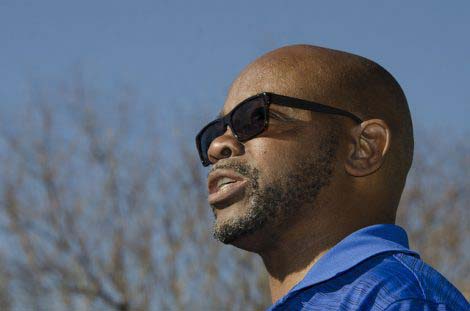How to Let Go of the Past and Still Love Your Life Journey

Many of us struggle at some point with the question of how to let go of the past, and move on with our lives.
 Often (but certainly not always!) involves major life transitions, and is intimately bound up with the question “How can I value and affirm my life as it is in the present?” Such questions often come as we’re dealing with major losses or disappointments.
Often (but certainly not always!) involves major life transitions, and is intimately bound up with the question “How can I value and affirm my life as it is in the present?” Such questions often come as we’re dealing with major losses or disappointments.
Life can often lead to circumstances that we did not plan on, and do not welcome. How can we come to accept them?
The Life I Wanted
Often we envisage the future, imagining ourselves and our lives in a certain way. Sometimes life events can flood in, and partially, or even completely, take this possibility away. Or, sometimes, we already seem to have what we want from life, and then events rip that life right out of our hands. Loss of a lover, loss of a career, disability, or decline in health exemplify the kind of events that can emotionally wrench us away from the past, and make us feel that, as L.P. Hartley put it, “The past is a foreign country: they do things differently there.”
Am I Willing to Learn How to Let Go of the Past?
In such situations, the advice of friends and loved will be, “let it go; just move on with your life.” Most often, we already intellectually know this, understanding this to be the right course. The painful and difficult question is: how?
Can I actually decide to let the past go? Am I capable of it? It’s essential to have as much self-understanding as possible about this.
If I’m finding it difficult, or even seemingly impossible to let go of the past, I need to understand why. Is it simply too painful to let go of what was once cherished? What makes it hurt so much? Could it be that my identity, my understanding of who I am, is fundamentally bound up with the past?
Finding Ways to Express the Pain
Our instinct may be to run from pain. But it may be more healing, and actually less painful longer term, to find a way to express that pain, and communicate it to ourselves and others. Writing or journalling may be valuable for some. For others, getting beyond words, and creating visual art, or collages, or music may help most. For some, creating a ritual to commemorate and express the pain or loss may be the most beneficial thing.
Focus on the Present: Can I Accept What Is?
What might take the greatest courage would be to look for signs of life in the present. Is there anything in the present that gives me joy or hope, even if just slightly? That reveals life opening up to me, even just a little bit? If so, can I try and understand that, and be open to what seeks to emerge? At this point, /a-midlife-transition for depression or anxiety may help very concretely.

The Image of the Broken Pine
In his book Yardwork, Hamilton, Ontario author Daniel Coleman writes movingly of a pine tree in his backyard. Damaged in a powerful storm, the entire top portion of the tree has long been destroyed. As a result, the tree grows in an unusual manner, with its remaining upper branches growing disproportionately large and curling up toward the light in the space left by the destroyed upper branches. The tree doesn’t look the way we expect a pine tree to look. It doesn’t meet our expectations; to us, it looks irredeemably broken. Yet, Coleman gradually recognizes and acknowledges two truths about his tree: 1) it is alive, and, actually, full of health and vitality; and, 2) it is growing.
The image of the tree powerfully symbolizes the complete human personality. Appearing in dreams, it often represents the fullness of what we are. The image of a tree once damaged and broken, but vital, healthy and growing symbolizes a human personality that has been wounded, perhaps by a major life transition or midlife or later life transition. This might be a life or personality not in accord with our pre-conceived ideas of what life “ought to be”. But, nature often doesn’t do what humans would expect, or consider optimal. Yet, it often contains life, vitality and the fullness of being.
This challenge to accept ourselves in letting go of the past embodies the radical self-acceptance that /a-midlife-transition sees as fundamental to healing, and to the individual’s journey to wholeness.
Brian Collinson, Registered Psychotherapist & Jungian Psychoanalyst
[cta]

 Often (but certainly not always!) involves
Often (but certainly not always!) involves